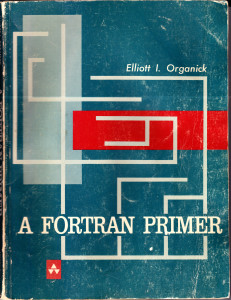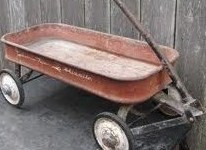After school one day in 1950 when we were twelve, Freddy and I got to Pearl Street and found a small plastic bottle sitting on the porch by the front door. There was a large tag attached to it proclaiming that “Liquid Joy,” a brand new product, would get your dishes, glasses and silverware cleaner than any of the old fashioned powders could. What’s more, the tag said, this very sample of “New Liquid Joy” was free.
Neither of us I had given any thought to dish washing detergents, but we brought the sample into the house anyway. No adults were home. We took it upstairs to the bathroom and I got the idea of pouring the whole bottle down the sink. I did and ran a lot of hot water after it for good measure. After a while we went into my room which had a window overlooking the side yard. I looked out and saw a large mound of soapy bubbles in the center of the yard. The pile of bubbles billowed larger and larger as we watched. I knew right away what I should have thought of before dumping the detergent into the sink and sending all that hot water in after it. In the middle of the side yard was a vent connected to the sewer pipe that joined the drains in the house to the sewer line in the street. The bubbles were lighter than water, and like the sewer gases that the vent was designed to expel, they rose to the surface. The bubbles stopped growing and, very slowly, began to pop. By the time the adults came home an hour or so later no evidence was left.
After I reconnected with Freddy in 2102, he and I were talking on the phone when I thought of an incident my mother had recalled, but that I had forgotten. Freddy and I were around eleven when we came back to my house at 18 Pearl Street after an afternoon of fishing in the harbor. My mother was fixing dinner and I asked if Freddy could eat with us.
“Sure, let me speak with Vivian and make sure it’s OK with her,” my mother replied.
“My mother isn’t home, it’s only Omama,” Freddy said, referring to his grandmother.
“Fine, I’ll speak with her.”
“She doesn’t speak any English, only Spanish and German,” Freddy answered.
“Well….” My mother paused and said, “OK, can you call and ask if it’s all right for you to stay over?”
Freddy called Omama and emitted a rapid-fire burst of Spanish. He listened for a minute and turned to my mother and said, “It’s OK.”
Later my mother told me that she had been uneasy. After all, she didn’t want to get into hot water with Vivian, a very strict European-style parent, but she also wasn’t about to deprive Freddy of dinner.
At age twelve, I knew nothing about Omama except that she and Vivian spoke in German. For all I knew she could have been the witch from “Hansel and Gretel.”
When I told the story to Freddy he laughed. “Omama’s English was fine,” he said, “She could speak six languages.” I had forgotten that he had said that she had been married to an Englishman in Argentina for many years. Now we both laughed. At age eleven, Freddy had bamboozled my mother about his grandmother’s English and gotten away with it. But something about what he said had ignited my curiosity about Omama. His truthful account had liberated her from the fairy tale in my mind. “If Freddy’s grandmother looked and sounded so Germanic, wouldn’t her name have been something like Hilde or Gertrude?,” I wondered. What was Omama’s name, I asked Freddy.
“Her name was Margaret Lewis,”
Next week; Camp Norshoco




